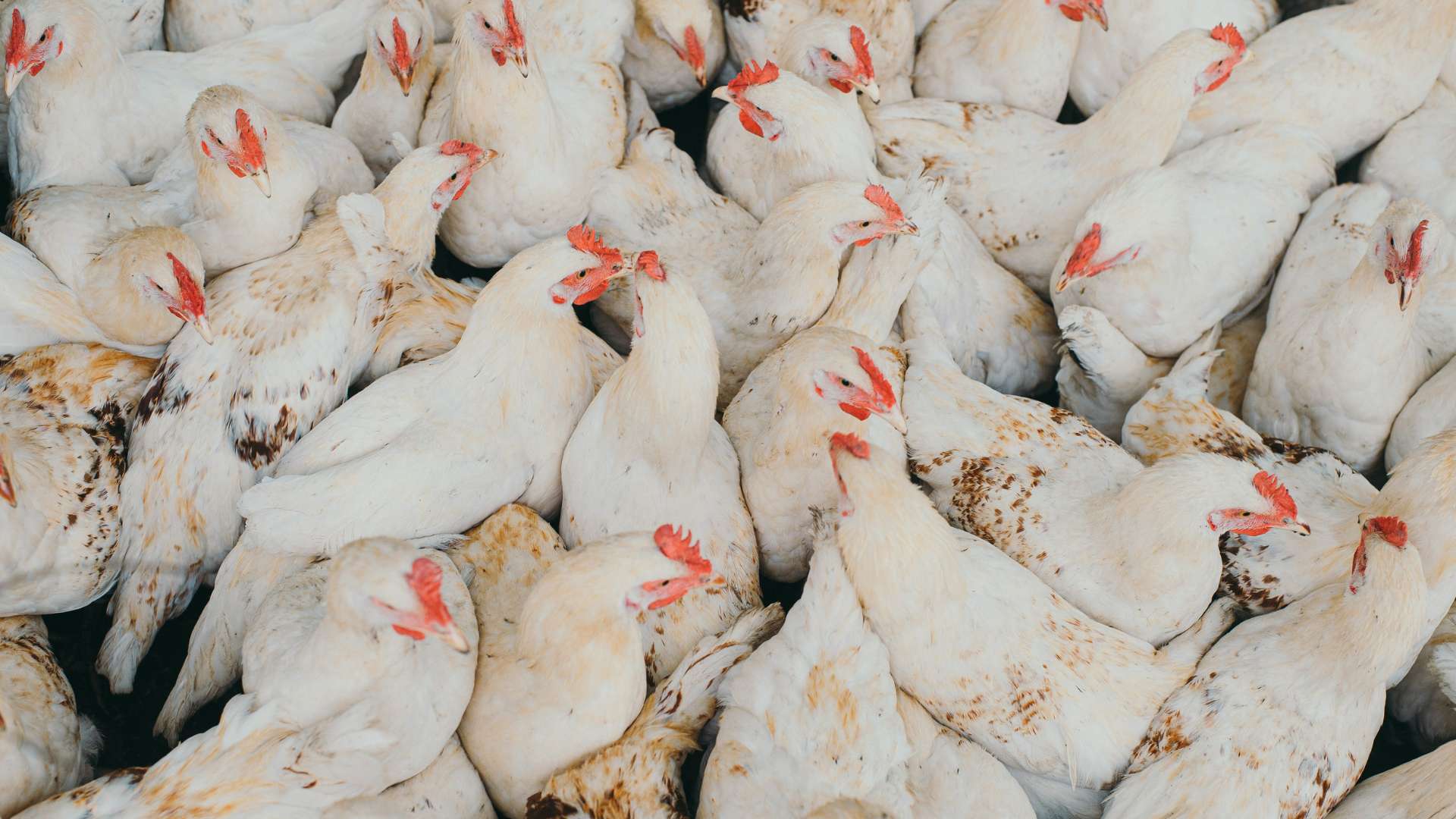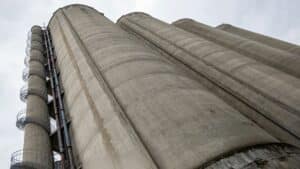Maintaining a disease-free environment in poultry farming is not just beneficial but imperative. As the South African agricultural sector becomes increasingly aware of the catastrophic impact of diseases like listeria, salmonella, and bird flu on both productivity and public health, the role of stringent biosecurity measures becomes all the more crucial.
Advanced Cleaning Services, a pioneer in specialised cleaning solutions for manufacturing and food processing sectors, highlights the essential nature of professional cleaning services in upholding these biosecurity standards. From preventing cross-contamination between farms to addressing hard-to-reach areas that harbour pathogens, explore comprehensive biosecurity strategies foundational to prosperous poultry farming and public health safety.
Understanding Biosecurity in Poultry
Biosecurity in poultry farming refers to the proactive steps taken to keep diseases away from poultry farms and prevent their spread. Essentially, it involves implementing strict sanitary and preventive measures that are crucial in maintaining the health and productivity of the flock.
Definition and Importance of Biosecurity in Poultry
The concept of biosecurity originally emerged as a series of preventive strategies aimed at reducing the transmission risks of infectious diseases, not only in poultry but also in other livestock, crops, and even against threats such as quarantined pests, invasive species, and genetically modified organisms. Over the years, these practices have become fundamental in managing farm health and ensuring the safety of agricultural outputs.
Key Components of Poultry Biosecurity
Cleaning and Disinfecting
Cleaning and disinfecting are critical components of maintaining biosecurity on poultry farms. This process effectively kills germs that could potentially cause diseases. To prevent the spread of contaminants, visitors, growers, and employees must wash their hands before entering and leaving the farm using waterless gels, disinfectant hand wipes, or soap and water.
Clean work clothes must be worn for visits to commercial poultry operations. This includes disposable coveralls, hairnets, gloves, and plastic boots, which should be disposed of on the farm before individuals leave the premises. Farm workers are advised to shower and change into clean clothes designated for farm use only, including specific footwear, especially if they live off the premises. Additionally, worker’s boots should be dipped in footbaths between each house, and all equipment used on the farm must be cleaned and disinfected before and after entering poultry houses to avoid disease transmission.
Isolation
Isolation practices help keep poultry from germs and any agents that might carry them. To ensure effective isolation, birds should be kept separate from direct contact with people or objects that might introduce germs. It is advisable to park vehicles away from poultry houses and maintain a fenced or natural perimeter around the farm to control access. Open bodies of water, like ponds or lakes, which can harbour viruses from migrating birds, is discouraged for poultry drinking or misting purposes, as these can be sources of contamination like Avian Influenza.
Traffic Control
Traffic control within the farm is vital for preventing the introduction and spread of germs to the birds. Strict rules should be in place to control access to poultry houses, including biosecurity signs that restrict entrance. Visitors must log their visits and declare recent bird exposures. Vehicles should have their tyres disinfected upon entering and leaving the farm.
Pest Control
Effective pest control is necessary to limit exposure to diseases carried by rodents, flies, and other pests. Rodent and fly control programs should be robust, with regular inspections for evidence of infestations. All possible entry points should be blocked, wild birds should be deterred from nesting around houses, and areas around poultry houses should be kept clean and devoid of unnecessary items to minimise rodent harborage. Keeping the area close to the houses mowed and properly maintaining ditches ensures water does not puddle, reducing mosquito breeding grounds. Prompt feed spill clean-up also helps minimise attractions for wild animals that could carry diseases.
Dead Bird Disposal
Proper disposal of dead birds is essential in biosecurity to prevent contamination of the flock and limit the spread of diseases. Dead birds should be placed in covered containers if left outside the house, and dead birds should be collected last during routine operations to avoid spreading pathogens to other areas. Handwashing after handling dead birds is crucial to maintain personal and flock hygiene.
Biosecurity Implementation and Compliance
Biosecurity measures require strict adherence and regular audits. Farm workers and managers must undergo regular biosecurity training to stay updated on the best practices and the latest preventive techniques. A biosecurity checklist should be displayed at each farm to remind and enforce the daily practices safeguarding poultry health.
Implementing these biosecurity measures consistently and thoroughly is the first and most vital step in disease prevention in poultry farming. It not only protects the birds but also safeguards public health and maintains the industry’s economic viability.
Why You Need A Professional Cleaning Service For Biosecurity
A robust biosecurity program on poultry farms is crucial for preventing the spreading of diseases such as bird flu. Employing a professional cleaning service like Advanced Cleaning Services can significantly enhance these efforts. Here’s why:
Reduction of Cross-Contaminants
Cross-contamination between facilities is a primary concern in biosecurity. For instance, when individuals move from one chicken farm to another, they risk carrying pathogens that could spread diseases, including bird flu. This risk necessitates comprehensive cleaning protocols at each entry and exit point, including vehicle cleaning, clothing changes, and thorough personal hygiene practices like showering. Biosecurity often fails between chicken plants due to inadequate adherence to these stringent measures, leading to outbreaks of diseases. Advanced Cleaning Services can help mitigate cross-contaminants, effectively addressing these biosecurity lapses with specialised Wet Plant Cleaning. This service ensures that all potential contaminants are eradicated, thus safeguarding against the transmission of diseases across different environments.
Identification and Cleaning of Facility Blind Spots
Blind spots within a facility pose significant biosecurity risks because they are difficult to reach and often overlooked during regular cleaning routines. These areas include blocked drains, spaces underneath and behind machinery, and extraction fans—locations where pathogens can thrive undetected and compromise the entire biosecurity strategy.
Professional cleaning services like those provided by Advanced Cleaning Services specialise in identifying and addressing these blind spots. Their expertise in wet plant cleaning ensures that even the most inaccessible areas are thoroughly cleaned, maintaining a disease-free environment. This meticulous approach prevents the accumulation of harmful agents that could otherwise lead to contamination and disease spread.
Conclusion
Maintaining rigorous biosecurity measures is fundamental to ensuring the health and safety of poultry farms, safeguarding public health, and ensuring the viability of the poultry industry. Advanced Cleaning Services is equipped to be your partner in achieving these crucial goals, providing expert wet plant cleaning services tailored to meet the stringent demands of biosecurity in poultry farming. Our services are designed to address visible concerns and tackle the hidden risks that pose significant threats to biosecurity.
For professional cleaning expertise that protects your farm and enhances biosecurity measures, contact us. Together, we can ensure that your operations are secure, your flocks are healthy, and your business remains productive and sustainable.



